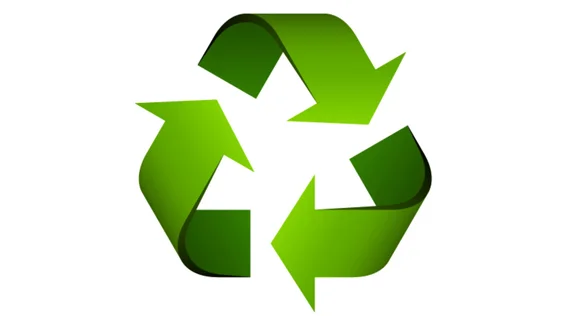
SEATTLE (Waste Advantage): The EPA as released 2023 greenhouse gas data collected under the EPA’s Greenhouse Gas Reporting Program. In 2023, reported direct emissions of greenhouse gases from large stationary sources, representing approximately 50% of total U.S. emissions, were down by approximately 4% from 2022. More than 8,100 industrial facilities reported greenhouse gas emissions in 2023 to EPA. The data show that in 2023:
From 2011 to 2023, total reported GHG emissions from large facilities decreased by approximately 22%, driven by a decrease in power plant emissions. This decline occurred despite the fact that after 2016, the program began tracking additional sources.
The reporting year 2023 Greenhouse Gas Reporting Program Data does not yet reflect the impact of several rules EPA issued in 2024 to tackle methane emissions from the oil and gas sector and improve data quality. These actions include standards to reduce methane and other harmful air pollution from new and existing oil and natural gas operations; a final rule under the Greenhouse Gas Reporting Program to strengthen, expand, and update methane emissions reporting requirements for oil and gas operations to help close the gap between observed and reported emissions; and other amendments to improve Greenhouse Gas Reporting Program data.
EPA will be holding an informational webinar to demonstrate its internet-based greenhouse gas data publication tools, including new features and a tutorial on common searches, on Oct. 23. EPA will hold an additional webinar on Oct. 25 to demonstrate the data publication tools and searches as they relate to the oil and gas sector (also known as subpart W).
This is the fourteenth year of data collection for most sectors under the GHGRP. As directed by Congress, EPA collects annual, facility-level emissions data from major industrial sources, including power plants, oil and gas production, iron and steel mills, and landfills. GHGRP also collects activity data from upstream fossil fuel and industrial gas suppliers. More than 8,100 direct emitters and suppliers report GHG data to GHGRP.
Data reported from both direct emitters and upstream suppliers combined cover 85% to 90% of total U.S. GHG emissions. A complete accounting of total U.S. GHG emissions across all sectors of the economy using national-level data is available through a separate EPA report, the Inventory of U.S. Greenhouse Gas Emissions and Sinks.
Courtesy: www.wasteadvantage.com



| Copper Scrap View All | |
| Alternator | 0.38 (0) |
| #1 Copper Bare Bright | 4.30 (-0.07) |
| Aluminum Scrap View All | |
| 356 Aluminum Wheels (Clean) | 0.77 (-0.02) |
| 6061 Extrusions | 0.67 (-0.02) |
| Steel Scrap View All | |
| #1 Bundle | 360.00 (0) |
| #1 Busheling | 380.00 (0) |
| Electronics Scrap View All | |